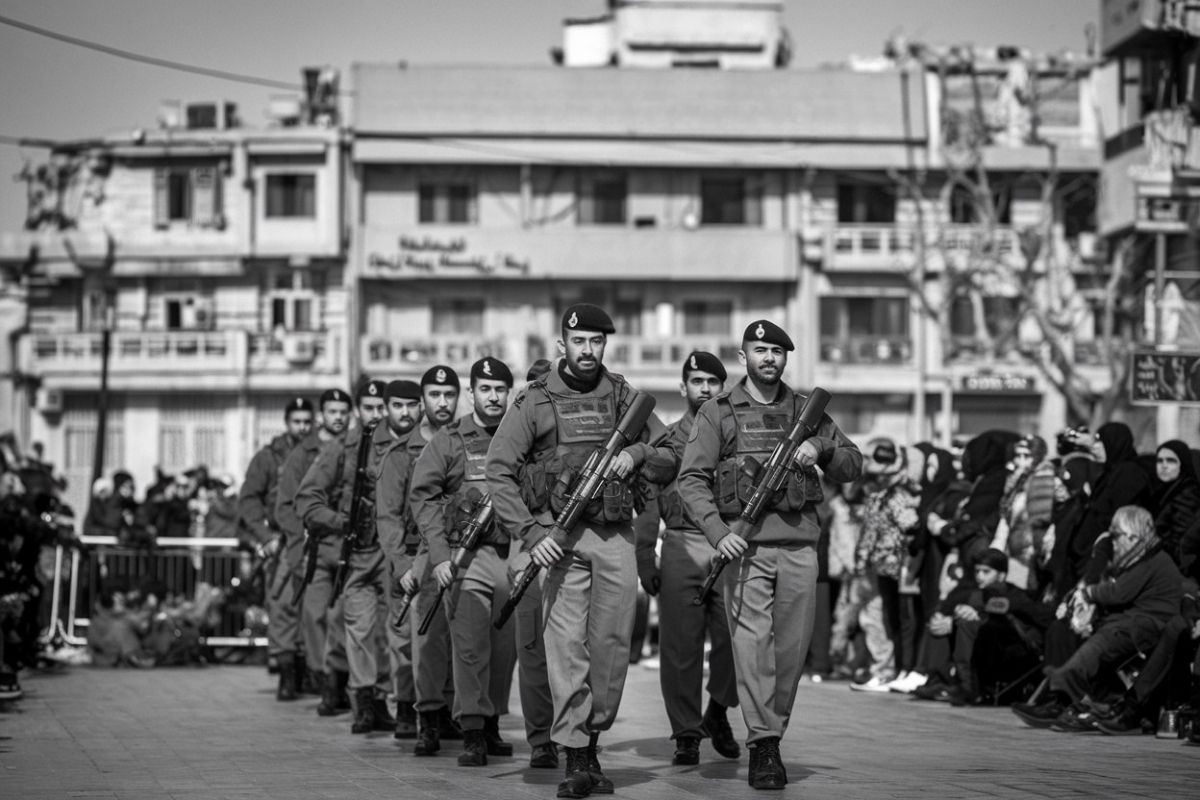
Ramadan is a special month for millions of Muslims worldwide. It’s a time of fasting, prayer, reflection, and community. But what makes this month so unique? Ramadan isn't just about abstaining from food and drink from dawn to sunset. It's a period filled with rich traditions, deep spiritual practices, and fascinating facts that many might not know. For instance, did you know that the start of Ramadan is determined by the sighting of the moon? Or that it’s one of the Five Pillars of Islam? Whether you're observing Ramadan or just curious, these 30 facts will give you a deeper understanding of this holy month.
Key Takeaways:
- Ramadan is a special month in the Islamic calendar, where Muslims fast, pray, and reflect. It's a time for spiritual growth, charity, and cultural traditions, leading to a joyful celebration called Eid al-Fitr.
- Fasting during Ramadan has health benefits and brings people together in unique cultural celebrations. Modern adaptations, like virtual Iftar gatherings and apps, make it a special and inclusive time for Muslims worldwide.
What is Ramadan?
Ramadan is a significant month in the Islamic calendar. It is a time of fasting, prayer, reflection, and community. Muslims around the world observe this holy month with great devotion and dedication.
- Ramadan is the ninth month of the Islamic lunar calendar.
- The word "Ramadan" comes from the Arabic root "ramida" or "ar-ramad," which means scorching heat or dryness.
- Muslims believe that during Ramadan, the Quran was revealed to the Prophet Muhammad.
The Practice of Fasting
Fasting during Ramadan, known as Sawm, is one of the Five Pillars of Islam. It involves abstaining from food, drink, and other physical needs from dawn until sunset.
- Fasting during Ramadan is obligatory for all adult Muslims, except those who are ill, elderly, pregnant, nursing, menstruating, or traveling.
- The pre-dawn meal before the fast begins is called Suhoor.
- The meal that breaks the fast after sunset is called Iftar.
- Dates are traditionally eaten to break the fast, following the practice of the Prophet Muhammad.
Spiritual Significance
Ramadan is not just about abstaining from food and drink. It is also a time for spiritual growth, increased devotion, and worship.
- Muslims are encouraged to read the entire Quran during Ramadan.
- Special nightly prayers, called Taraweeh, are held in mosques.
- The last ten days of Ramadan are considered the most sacred, with Laylat al-Qadr (the Night of Decree) believed to fall within this period.
Acts of Charity
Charity is highly emphasized during Ramadan. Muslims are encouraged to be more charitable and to help those in need.
- Zakat al-Fitr is a form of charity given to the poor at the end of Ramadan.
- Many Muslims also give Sadaqah, voluntary charity, throughout the month.
- Acts of kindness and helping others are considered especially meritorious during Ramadan.
Health Benefits
Fasting during Ramadan can have several health benefits, provided it is done correctly.
- Fasting can help improve blood sugar control.
- It may aid in weight loss and fat reduction.
- Fasting can promote better heart health by improving cholesterol levels.
- It may enhance brain function and mental clarity.
Cultural Traditions
Ramadan is celebrated with various cultural traditions and customs around the world.
- In many countries, streets and homes are decorated with lanterns and lights.
- Special foods and sweets are prepared for Iftar and Suhoor.
- In some cultures, people wake up for Suhoor with the help of drummers who walk through the streets.
Eid al-Fitr
The end of Ramadan is marked by a major celebration known as Eid al-Fitr.
- Eid al-Fitr means "Festival of Breaking the Fast."
- It is a day of feasting, family gatherings, and giving gifts.
- Muslims attend special prayers at the mosque on the morning of Eid.
- New clothes are often worn to mark the occasion.
Global Observance
Ramadan is observed by Muslims all over the world, each adding their unique cultural touch to the celebration.
- In Indonesia, the world's largest Muslim-majority country, Ramadan is marked by the tradition of Mudik, where people travel to their hometowns.
- In Egypt, the streets are adorned with colorful lanterns called Fanous.
- In Turkey, a special bread called Pide is baked only during Ramadan.
- In Pakistan, the streets come alive with food stalls and markets during Iftar time.
Modern Adaptations
With the advent of technology, Ramadan has seen some modern adaptations.
- Many Muslims use apps to keep track of prayer times and Quran readings.
- Virtual Iftar gatherings have become popular, especially during times of social distancing.
Final Thoughts on Ramadan
Ramadan is more than just fasting. It's a time for reflection, community, and spiritual growth. From the pre-dawn meal called Suhoor to the evening feast known as Iftar, every aspect of this month holds deep significance. The Quran was revealed during Ramadan, making it a sacred time for Muslims worldwide. Acts of charity and kindness are emphasized, reminding everyone of the importance of helping those in need. The Eid al-Fitr celebration marks the end of Ramadan, bringing families and friends together in joy. Understanding these facts can deepen your appreciation for this important month. Whether you're observing Ramadan or just curious about it, knowing these details can foster greater respect and understanding. So, next time you hear about Ramadan, you'll know it's a month filled with meaning and tradition.
Frequently Asked Questions
Was this page helpful?
Our commitment to delivering trustworthy and engaging content is at the heart of what we do. Each fact on our site is contributed by real users like you, bringing a wealth of diverse insights and information. To ensure the highest standards of accuracy and reliability, our dedicated editors meticulously review each submission. This process guarantees that the facts we share are not only fascinating but also credible. Trust in our commitment to quality and authenticity as you explore and learn with us.
